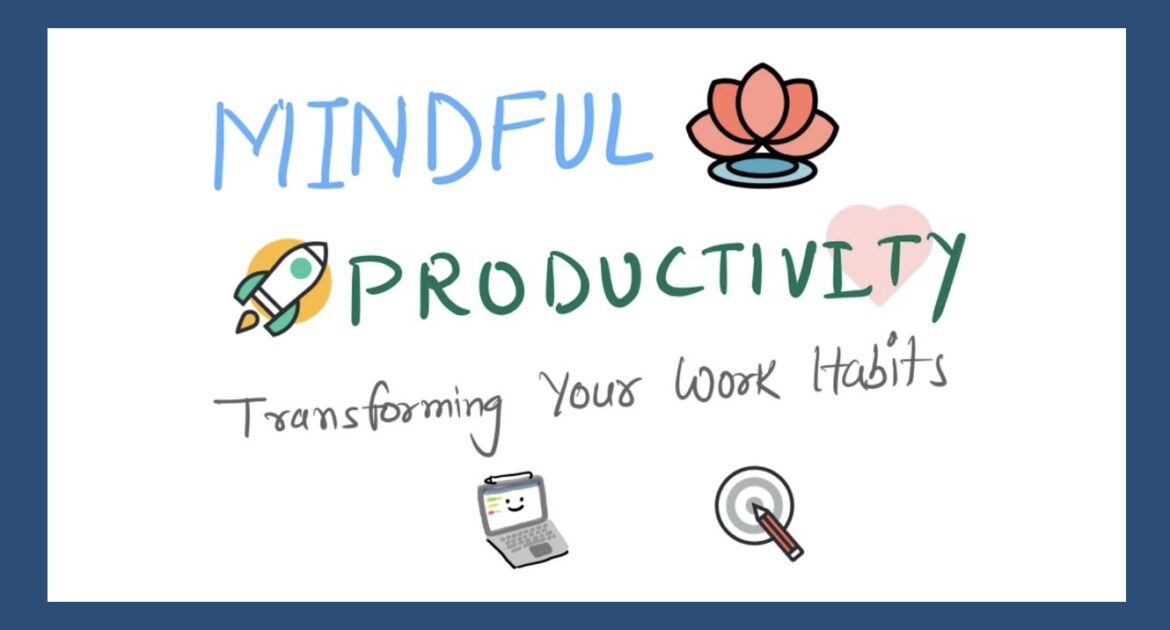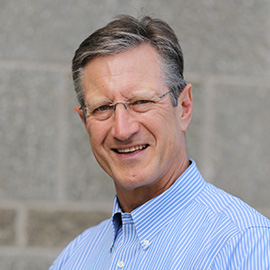Habits + Mindfulness → Better Habits

What we do is not random. Between 50% and 60% of our daily actions are purposeful and intentional, leaving the other 40% to 50% of our day on autopilot, as we react out of habit. Given that the brain uses 25% of our energy, it seeks ways to preserve energy, and creating habits is one way. Our wise brain has taught our primal brain, as we repeatedly do the same thing, to respond that way automatically.
Are We Learning Purposeful Habits?
Once a bad habit has been created, it will take many interventions to break it. However, with mindfulness, it will become easier. Mindfulness is so powerful in two ways:
- Preventing Bad Habits – Mindfulness reduces the stressors that can lead to us reacting in less than our best form. With mindfulness, our wise brain intercepts the primal brain reaction. This delay is very small, but over time, we can create habits that intentionally stop the primal response that is detrimental to our best selves.
- Stopping Bad Habits – Once a bad habit has been identified as counterproductive to our life’s purpose or how we desire to treat others, the wise brain can educate the primal brain. That chance for the primal brain to become more purposeful in this reaction is directly related to how much stress we feel. The more stress, the less opportunity to intercept a bad reaction. Mindfulness reduces stress and provides the opening for the wise brain to educate the primal brain that there is a better way to react.
Books on Mindfulness
Wherever You Go, There You Are by Jon Kabat-Zinn
Kabat-Zinn is the founder of Mindfulness-Based Stress Reduction (MBSR), which introduces mindfulness meditation in an accessible way and explains how to incorporate mindfulness into our daily routine.
The Power of Now by Eckhart Tolle
This is a spiritual guide to living fully in the present moment. It shares the importance of being present and its transformative effects on life.
10% Happier by Dan Harris
This memoir by ABC news anchor Dan Harris is a self-deprecating and humorous book that tells how mindfulness and meditation helped him reduce stress and find more balance in his life.
The Headspace Guide to Meditation and Mindfulness by Andy Puddicombe
Puddicombe is the co-founder of the popular Headspace app, and this book provides a friendly and accessible introduction to mindfulness and meditation.
Mindfulness: A Key to Leaders Reacting Responsibly Under Pressure
We cannot emphasize enough the importance of mindfulness training for leaders. Mindfully and purposefully reacting under pressure is the key to peak-performing leadership. Leaders are responsible for energizing their team and never, under any circumstances, de-energizing them. Think of leaders who react responsibly under pressure versus those who lose it under pressure. What is your interest in working for each? Which do you respect?
Whether we need to be more intentional in how we act and react under pressure or need to break a bad habit, mindfulness training is the key to enabling our wise brains to be our compass.
If this interests you, I encourage you to search mindfulness training and find the videos, articles, and books that resonate with you. Mindfulness is a powerful tool we all could use more of.






